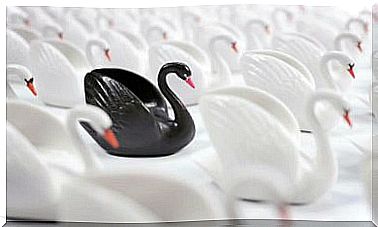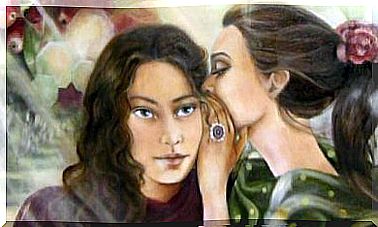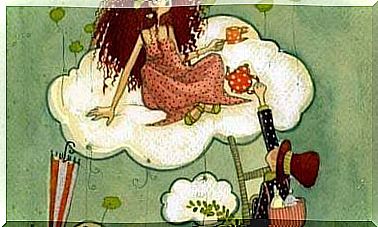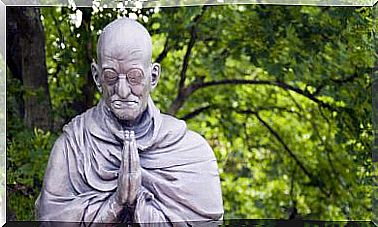To Make Mistakes Is A Common Defect, Asking For Forgiveness Is A Virtue Of Few

To make mistakes is human, as well as being an exceptional opportunity to grow in humility and realize that life is almost a constant rehearsal from which to learn. However, it is also wise to accompany every mistake, every oversight and offense with a request for forgiveness. A virtue of a few “few” that “many” should put into practice.
This internal self-assessment mechanism whereby we realize that we haven’t done the right thing is often dominated by a well-known tenant called the “ego.” In fact, there is nothing worse than one who, far from empathizing with the injured person, focuses solely on the subtle but fierce need to protect that dimension.
If you stop to think, you will find that we use the word “forgiveness” almost daily. When we stumble across someone, when we get ahead of our conversations and take a friend’s word for it. However, few are those who, after making mistakes in a deeper and more delicate sphere of their lives, are able to take the step and undress their hearts with an expression of “ I’m sorry, I was wrong. Forgive me”.
Why is this so hard? We invite you to reflect on the topic.
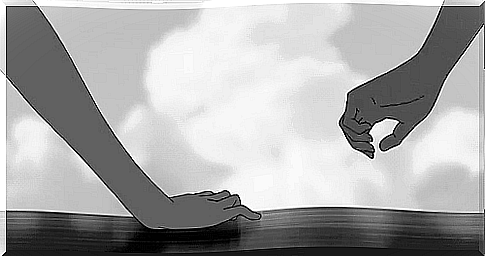
to err, a human factor
We are all wonderfully flawed. Far from considering the mistake as a negative thing, it is necessary to analyze the error in all its transcendence and detail in order to be able to learn from it. Because the mistake is nothing more than a direct invitation to improve.
We also know that there are errors and mistakes. Sometimes mistakes, as James Joyce once said, are no more than gateways to discovery. Science itself is full of these incredible “serendipities” where famous scientists stumbled upon a new discovery after a more than opportune mistake.
This human factor acquires its most complex facet when making mistakes is synonymous with offense, hurt or personal humiliation to other people. These situations intensify even more when, far from having an express acknowledgment of the offense, the person relapses into the same fact. Perhaps out of pride or out of deep emotional immaturity.
A society that penalizes error
We live in a society that is little apologetic, and when we do, we sometimes demonstrate the immaturity we talked about earlier. There are those who apologize for WhatsApp or even who publish their excuses on social networks openly so that the affected person has no choice but to give in.
Furthermore, we live in a social mockery where children are taught that error is bad. For the current educational system, student failure is a reprehensible thing, something to be corrected, not without first applying due rigor. This is why children learn from an early age to develop fierce defense mechanisms to camouflage the error, so as not to see it, and thus be able to protect their self-esteem.
This is when a curious vicious circle begins. If I am not able – nor do I wish to be – to see my mistake, then I have no need to ask for forgiveness. Little by little, the quality of the excuse was lost to camouflage it, simply by an oversized ego. We would all gain wonderful opportunities to learn and improve if the mistake or mistake were not treated early on as something so negative and reprehensible.
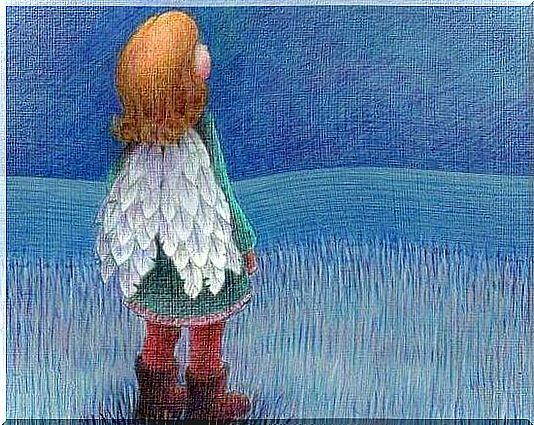
The virtue is knowing how to ask for forgiveness after the mistake
Authentic forgiveness, what heals and what brings, is not limited to just being offered as one who practices a simple altruistic gesture. Forgiveness is, above all, an attitude and a clear decision to be courageous. It is recognizing the damage to demonstrate to those in front of us that we are aware of what we are causing.
We are also aware that not all expressions of “forgive me” are valid, and not everyone who demands forgiveness will be forgiven. However, you have to do it and do it well. To put into practice the healthy virtue of knowing how to ask for forgiveness as a result of a mistake, we can base ourselves on the conclusions of a survey by the University of Ohio (United States).
These are the best steps to ask for forgiveness:
- Breaking down prejudices. Our society continues to associate the act of asking for forgiveness with fragility, so it’s time to break down all these inner prejudices and understand that there is no one braver than someone who is able to dress with humility to apologize.
- Eye contact and use of assertiveness so as not to fall into false justifications. You need to look into the eyes of the person you’ve hurt to tell them clearly where you’ve been wrong.
- Recognize one’s responsibility for everything that was provoked.
- Repentance, for it to be credible, must always be accompanied by a clear desire to repair the damage caused.
- Forgiveness needs to be offered without drama and with appropriate empathy.
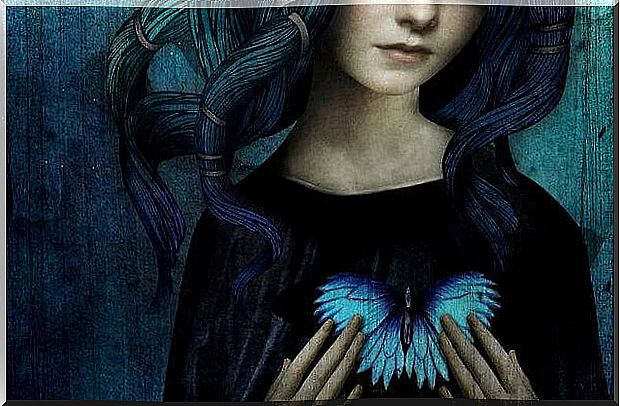
Although we often hear that the first to ask for forgiveness is the bravest and the one who forgives is the most humble, in fact the greatness lies in learning from all these steps that day by day help us to survive our personal contradictions, in which the ego is never quite adequate.

